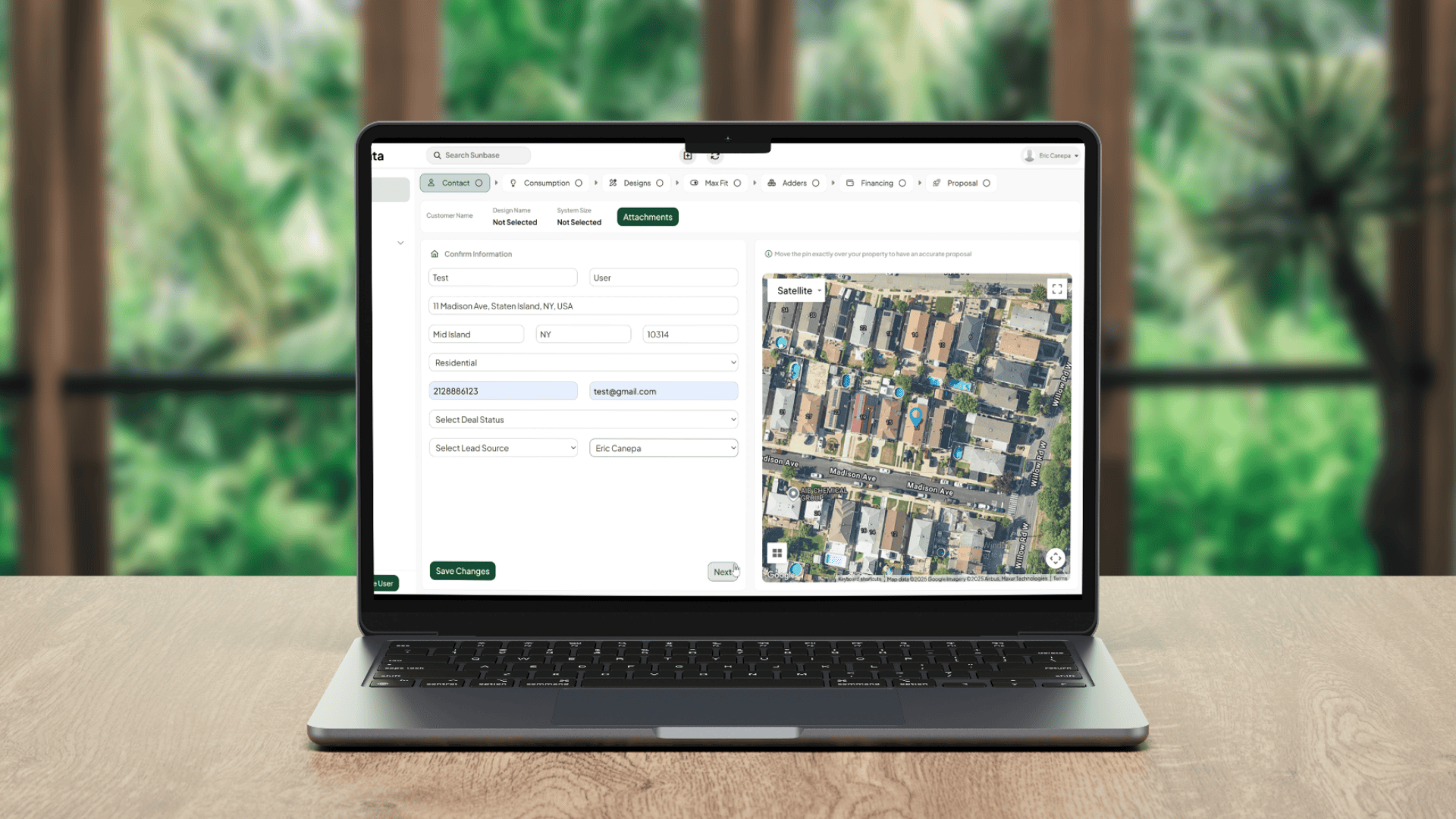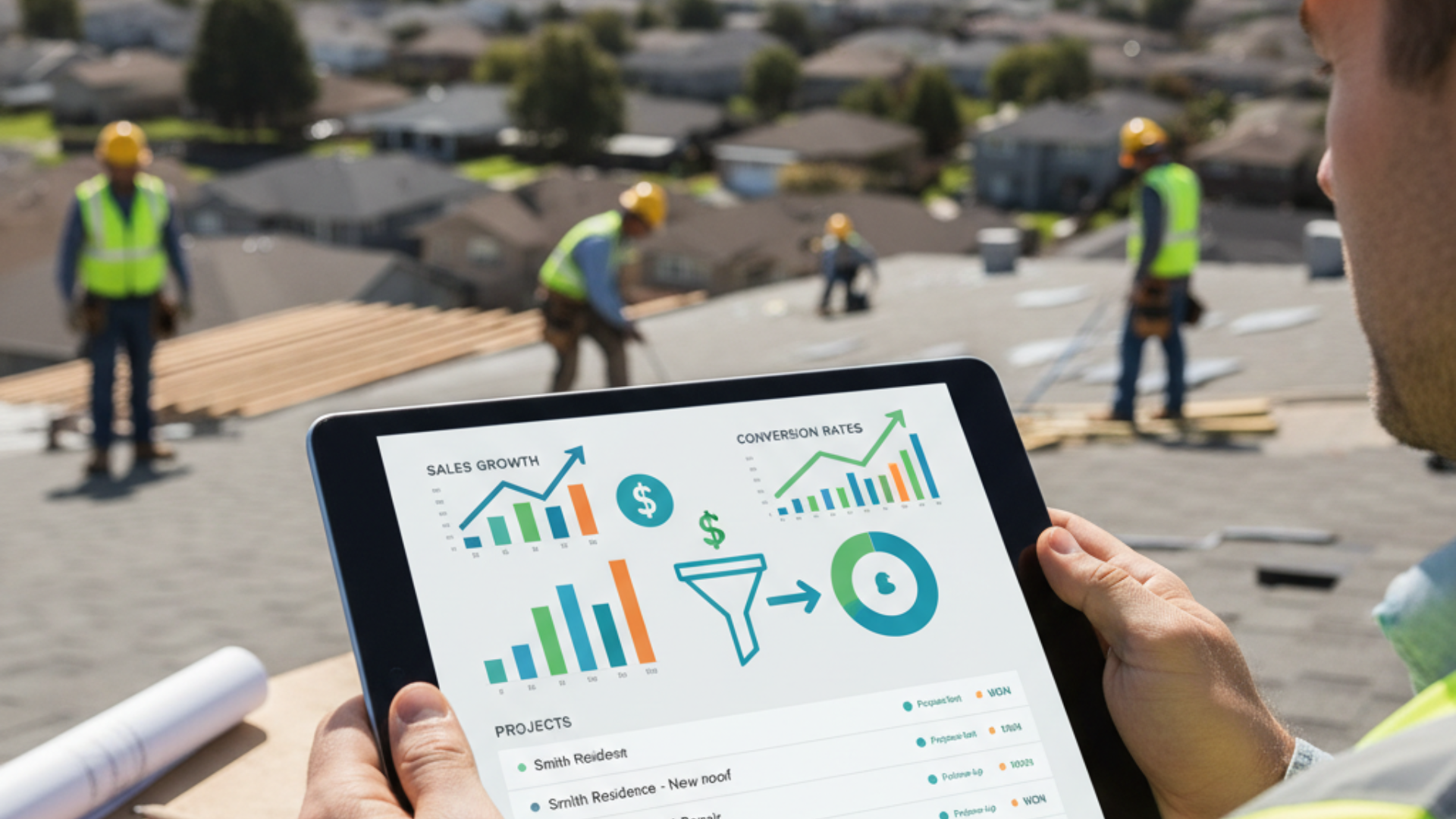October 4, 2023
The sound of savings echoed in the air as solar technology began to revolutionize power concepts worldwide. With a mission to leave lighter footprints on the planet, clean energy sources such as solar panels were becoming increasingly attractive alternatives for many.
But with any new form of innovation comes a lot of questions - and when investing in products like solar cells, you want to know exactly what you're getting for your money: what's the duration of your solar battery's lifespan?
This blog post will take a look at the life cycle of solar panel batteries, from installation through maintenance and replacement.
So sit back, and get ready to embark on a journey of discovery.
How Long Do Solar Batteries Last: Understanding The Life Span
One of the most important elements of any solar setup is the battery – it stores the power your panels generate, ensuring a reliable energy supply even when the sun isn’t shining. But how long can you expect these batteries to last, and what factors influence their lifespan?
In this article, we’ll dive into the life cycle of solar panel batteries, exploring different types, key factors affecting longevity, maintenance tips, and when it’s time to replace them.
By the end, you’ll have a clear understanding of how to get the most out of your solar battery investment.
Key Takeaways
- Most solar batteries last between 5 to 10 years, depending on type and usage.
- Lithium-ion batteries typically last longer than lead-acid batteries, while saltwater batteries show promise for extended durability.
- Regular maintenance, proper temperature control, and using high-quality charge controllers extend battery performance.
How long do solar batteries last?
Just as solar panels degrade, solar batteries degrade too. Generally, most solar batteries for home use last between about 5 and 10 years. This life expectancy is true for most rechargeable battery types, such as lead-acid and lithium-ion batteries.
An average solar battery comes with an expected usage of between 1,000 and 3,000 usage cycles, which is roughly equivalent to 5-10 years.
Additionally, a solar battery's lifespan has a lot of variables, including solar battery usage, storage temperature of home solar battery units, depth of discharge cycles, etc.
Factors That Affect Solar Power Battery Life
Understanding the intricate factors influencing the lifespan of solar power batteries is essential for optimizing stored energy. Here are the key determinants shaping solar power battery life expectancy.
1. Solar Battery Type
The battery type you choose for your solar power system is one of the primary factors that affect a solar battery's longevity. Lead acid batteries last around three to four years under normal conditions, while Lithium batteries can go on for more than twice as long, lasting up to seven or eight years!
Both Lithium-ion battery and lead acid battery have their own pros and cons, thus it's important to consider your particular needs when determining which battery types are right for you.
Types of solar batteries for your solar system:
- Lead-acid battery
These are the most common types of batteries used for solar panels' energy storage. Lead-acid batteries are inexpensive and can be discharged deeper, but they have a shorter life span than lithium-ion batteries, which makes them less reliable over time.
These types of batteries often require maintenance like water refilling or equalization charging to maintain their voltage, temperature, etc.
- Lithium-ion solar battery
Lithium-ion is one of the newest technologies in home solar energy storage systems. These solar batteries are safe because there's no risk of explosion even if punctured internally, unlike other kinds, where you might find yourself with some pretty toxic fumes after an incident!
On top of that, it has high deep capability, so its lower power draw means you can cycle it more without harming the battery life.
- Saltwater Batteries
These batteries are a new technology and have not been widely used yet. Saltwater batteries are sealed units, requiring no maintenance, and they're environmentally friendly too because the electrolyte is water.
They also have a long life span of about 20 years, making them a good option for those looking for longevity in their solar battery storage system.
If high temperatures (over 25°C) and frequent cycling don't sound like great fits for your home, then lead acid batteries might be a better choice, but if low maintenance costs matter, then get yourself some lithium-ion batteries.
2. How Often Are They Used
Batteries in home solar systems are generally designed to be used at least once every day for about ten hours, but they last longer when used as often as 70% of the time (about six to seven hours) daily.
Therefore, the frequency and duration of use also affect how long an individual battery lasts, so if you're looking to maximize your return on investment (ROI), make sure the solar batteries, specifically the deep cycle batteries, get their fair share of work!
3. Usage Cycle
The usage cycle of your home solar panel system is one of the most important factors that affect battery life. The higher the number of daily cycles you use, the better for your batteries. This is simply because they're getting more work done, which leads to longer lives and less replacement costs!
If you can't afford expensive Lithium-ion batteries (which will run about $600 per kWh) don't forget that lead acid options are readily available at much cheaper prices but might not last as long.
Also, take into account how often each type will be used when deciding which battery technology is right for you.
4. Storage Temperature
Temperature is another factor that affects the lifespan of solar panel batteries. Electrolyte in lead acid batteries can freeze at just -20°C, causing severe damage to the internal plates and separators, which means you might need to buy new ones or risk not having your system work properly next time!
On top of that, Lithium-ion batteries operate best between 20-25°C, so if it's too cold where you live, then stay away from them because they'll be of no use during winter months (unless you opt for some saltwater options).
5. Depth Of Discharge Cycles
Depth of discharge is the measure of how much charge a battery can deliver from a full charge. Batteries that have a higher depth of discharge will last longer than those with lower depths.
For solar panel batteries, it's best to stay below 50% DOD to ensure you get the most life out of your system. You don't want to constantly be at max capacity because that'll wear down your battery pretty quickly and might require more maintenance!
6. Peak power demand
If you're looking to get the most out of your solar panel batteries, then make sure they're properly sized to fit your peak power demand.
If there's potential for a situation where more solar energy is needed, then look into getting some backup generators or other energy storage solutions.
7. Maintenance
Solar batteries don't need much to keep them alive and kicking. In fact, they're similar in upkeep to your car battery, so if you take care of that one, then apply the same principles!
All you have to do is ensure electrolyte levels stay strong by checking water levels regularly (if it's a flooded type) or replacing caps/terminals yearly (for gelled types).
Even though Lithium-ion cells aren't susceptible to sulphation like lead-acid ones, corrosion can still happen over time, which leads to reduced efficiency- especially at higher temperatures.
So every now and then, use a standard multi-meter around terminals for any weird readings because corroded contacts will show up as less voltage than normal when testing with a DMM.
Moreover, it is recommended by the National Renewable Energy Laboratory (NREL) to install solar panels' batteries in a cool, dry place, preferably a garage, where the impact of a fire ( a small, but non-zero threat ) may be minimized.
Batteries and components around them should have proper spacing to allow cooling, and regular maintenance check-ups can help ensure optimal performance.
How can I tell when my solar batteries need to be replaced?
From the survey respondents actively considering solar for their homes, many of them said they planned to include a battery energy storage system or an off-grid energy system.
Besides providing backup power during outages, many batteries are integrated with technology that allows for intelligent scheduling of the import and export of energy.
You'll know when it's time to replace your solar panel batteries because they won't last as long or hold a charge for as long. They also might show signs of staining, bulging, and other weird behavior if not taken care of properly, so it's best to stay on top of them!
If you don't want to deal with that, then just get a new battery pack every eight years (for lithium) and keep everything else in tip-top shape, like cables/contacts, etc.
How often do solar panel batteries need to be replaced?
The answer to that question is completely dependent on the kind of solar panel battery you choose for your solar power system. In terms of lifespan, there is a huge variation between different types of batteries.
While some may last as long as five years with proper care and maintenance, others might expire in just a year or two!
But for more clarity, let's talk about the two main battery types used in solar systems.
1. Lead Acid Batteries
Lead-acid is one of the most popular types of batteries used in home solar panel systems now because it's relatively affordable and reliable. However, they have been known to lose up to 20% of their charge each month, which means that they need replacing within three or four years at best if you want to get maximum efficiency out of your solar power system.
2. Lithium-ion batteries
A lithium battery is around three times more expensive than lead-acid batteries, but they boast a very good lifespan of up to 10 years. They also maintain their charge for longer and do not need replacing nearly as often.
Read our blog How Many Solar Panels Are Needed To Power A House?
What to do to prolong the solar panel battery life?
To maximize the lifespan of your solar panel battery and get the most out of your solar energy system, it's crucial to adopt the right practices.
Here are the key steps to ensure your solar battery serves you well over the long run:
1. Regular Maintenance
Just like any other part of your solar energy system, your solar battery requires attention. Regularly inspecting and cleaning your solar panels not only enhances their efficiency but also indirectly impacts your battery's capacity by ensuring optimal power generation.
2. Temperature Control
Keeping your battery in a cool, well-ventilated area is vital. Excessive heat can shorten a solar battery's lifespan, so proper temperature management is essential for preserving battery power.
3. Depth of Discharge
Understand that the battery's capacity isn't limitless. Setting appropriate charge and discharge limits ensures that you don't overtax your solar battery, as deep discharges can have a negative impact on how long a solar battery lasts.
4. Quality Charge Controller
Employ a high-quality charge controller in your solar energy system. It's a crucial component that regulates the charging process, preventing overcharging and extending your solar battery's life.
5. Choosing the Right Solar Battery Type
The solar battery type you select can significantly influence how long it lasts. Lithium iron phosphate batteries, for instance, are known for their durability and extended lifespan compared to other options.
6. Sizing Your System Properly
Ensure that your home energy storage system is appropriately sized to meet your electricity needs without overworking the battery. Proper sizing minimizes cycling and helps prolong solar battery life.
7. Regular Testing and Monitoring
Keep a close eye on your solar battery's performance. Regular capacity testing and voltage checks will provide insights into its health, allowing for timely replacements or maintenance.
8. Optimizing Solar Production
Your solar batteries work in tandem with your solar panels. Maximizing the efficiency of your solar panel system means reducing the time your batteries spend charging, ultimately benefiting their lifespan.
9. Avoiding Extreme Conditions
Protect your solar battery from extreme temperatures, both hot and cold, as they can have a significant impact on how long it lasts.
Read our blog, wondering, How Solar Panels Add Value To Your Home?
Conclusion
Solar batteries are the backbone of any reliable solar energy system, ensuring you can access clean power day and night. While the typical lifespan ranges from 5 to 10 years, making informed decisions about battery type, installation, and maintenance can help you maximize efficiency and lower long-term costs.
By understanding the factors that affect battery health and adopting best practices, you not only extend your battery’s life but also get the best return on your solar investment.
Tools like Sunbase can further streamline your solar operations, helping you monitor system performance, manage maintenance schedules, and optimize overall efficiency for long-term savings.
About Sunbase
Sunbase is the all-in-one business management software that streamlines operations and boosts efficiency for solar companies. Experience the power of Sunbase and take control of your business today.
Book your demo now to see how Sunbase can transform your operations and save you time and money.
FAQs
What reduces the lifespan of solar batteries?
Extreme temperatures, frequent deep discharges, poor maintenance, and improper system sizing all reduce battery longevity.
Which type of solar battery lasts the longest?
Lithium-ion batteries generally last longer (up to 10 years) compared to lead-acid (3–5 years). Saltwater batteries can last even longer but are less common.
How can I monitor my solar battery performance?
Many solar batteries, including systems integrated with platforms like Sunbase, allow real-time monitoring via mobile apps or dashboards. This helps track charge levels, usage cycles, and overall battery health.
Get Rid of Multiple Software.
Run Everything in One Place.
Sunbase replaces your CRM, proposals, scheduling, job tracking, and reporting tools — with one simple platform.
About Sunbase
Sunbase: The All-In-One Platform to Run Your Entire Business
Sunbase helps businesses organize their operations, streamline daily workflows, and manage everything from first contact to final project delivery — all in one connected system.
Our mission is simple:
Organize your business.
Optimize your workflow.
Automate what slows you down.
Sunbase replaces scattered tools and manual processes with a platform that brings your team, tasks, customers, jobs, and performance data into one clean, efficient workflow.
🌎 Global Presence
Serving businesses across the United States, Canada, India, Latam, Australia, and 10+ international markets.
👥 11,000+ Users
Trusted by contractors, installers, project managers, sales teams & field technicians.
🏗️ Built for All Sizes
From small contracting teams to fast-growing enterprises, Sunbase adapts to your workflow.
Useful Links For You
Stop Managing Your Business Manually. Automate It.
Sunbase helps you automate workflows, reduce mistakes, and scale your operations without adding extra staff.











